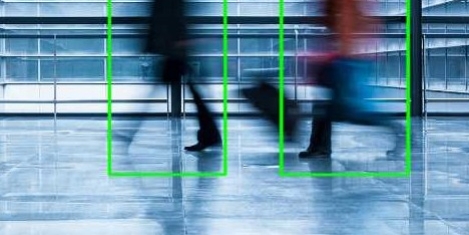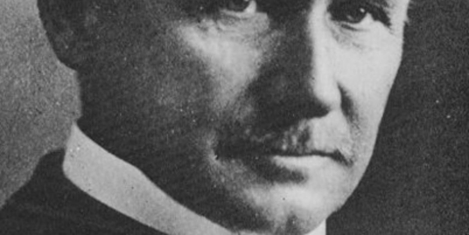August 11, 2020
UK faces urgent AI skills gap, Microsoft report claims
 The UK is facing an AI skills gap that could leave companies struggling to compete with rivals from across the world, a new Microsoft report claims. The research, entitled AI Skills in the UK, also found that businesses in this country use less AI than firms overseas, and when they do it tends to be less advanced. UK organisations are also less likely to be classed as “AI pros” compared to the global average (15 percent versus 23 percent), and the UK has a higher failure rate of AI than the global average (measured by the number of projects generating no commercial value – 29 percent versus 19 percent). (more…)
The UK is facing an AI skills gap that could leave companies struggling to compete with rivals from across the world, a new Microsoft report claims. The research, entitled AI Skills in the UK, also found that businesses in this country use less AI than firms overseas, and when they do it tends to be less advanced. UK organisations are also less likely to be classed as “AI pros” compared to the global average (15 percent versus 23 percent), and the UK has a higher failure rate of AI than the global average (measured by the number of projects generating no commercial value – 29 percent versus 19 percent). (more…)





































August 3, 2020
Isaac Asimov’s remarkable 1964 predictions about life and work in the 21st Century
by Mark Eltringham • Comment, Technology, Wellbeing, Workplace design